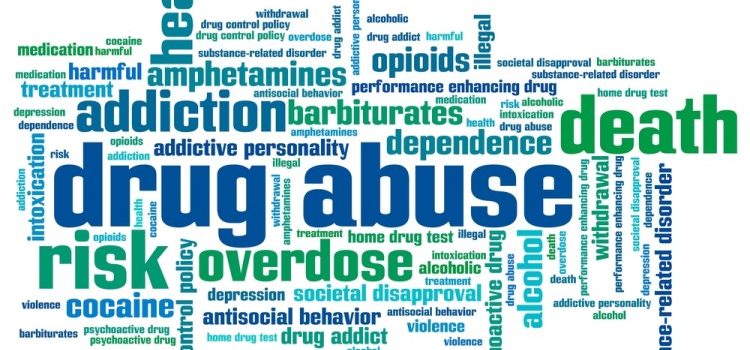
Opium and Opioid Addiction Facts
July 14, 2017Boston’s Rising Opioid Overdoses in Context
The national opioid crisis has hit Boston particularly hard. The rise in deaths from opiate and opioid drugs was first noticed in Boston around the beginning and middle of the 2010s, with overdose rates from these drugs at almost twice the national average. Between 2012 and 2015, opioid overdose deaths in Massachusetts skyrocketed with an 88 percent increase.
The trend continued through the decade and experienced another spike in 2020, brought about by the economic and mental health fallout from the COVID-19 pandemic.
Opioids overdoses in Boston cut across income levels, cultural backgrounds, and occupations. Once seen as a working-class issue, several high-profile local overdoses have shone a light on the rapidly-growing problem. If you know or someone you know who misuses opioids, it’s smart to keep Narcan on you at all times. Narcan is a life-saving medication that reverses an opioid overdose.
Fortunately, more drug rehab centers in Boston are equipped to handle opioid detox and rehabilitation. There are now more recovery options at all income levels specifically designed to deal with opioid use disorders.
Opiates and opioids: what’s the difference?
While often used interchangeably, there is a crucial difference between opiate and opioid drugs. Opiate is a term specifically used to refer to naturally-derived opioids. This includes substances such as heroin, codeine, and morphine. Opiate drugs are completely or mostly derived from the sap of the opium poppy, from where the drugs get their name.
Opioids, on the other hand, is a more general term used to refer to all natural, artificial, and semi-artificial opioid drugs. Many opioids available either through prescription or the black market either only use a small amount of natural opium sap extract, or are completely synthesized from other sources in a lab. Fentanyl is an example of a synthetic opioid that has become a major substance misuse issue in Boston. Examples of partly artificial opioids include oxycodone, hydrocodone, hydromorphone, and oxymorphone.
While most of the misused opioid drugs in the past generation were opiates, the growing popularity of fentanyl and other synthetic opioid substances such as AH-7921 and MT-45 has made the term “opioids” generally more accurate when referring to the drug problem in the United States.
How are opiates made?
All opiates are made from a sticky substance in the bud of the opium poppy plant. This substance is converted to a morphine base, which can be smoked. This morphine base is often further processed into heroin, which, on the street may be a white, black tar-like, or brown substance.
Additionally, the opium sap could be processed into other medications. Many prescription pain medications, including Percocet, Imodium, and OxyContin are opiate-based. The easy availability of these prescription drugs is often attributed to the growing opioid problem in Massachusetts.
What is an opioid use disorder?
Opioid use disorder is a type of substance use disorder (SUD), a term that has superseded addiction, dependence, and abuse in the United States. An opium use disorder or OUD may happen if a person repeatedly misuses opioids. People with an OUD are compelled to find and use opioid drugs, sometimes at great risk to their health and relationships.
When a person uses street drugs or pharmaceuticals that are opioid-based, the brain releases a rush of dopamine, which is a chemical associated with pleasure. Another area of the brain records the link between the drug and the pleasurable feeling, triggering continuous cravings.
Although the mechanisms behind addictive behavior are not fully understood currently, studies show that some people are more inclined to develop substance use issues than others. For instance, people who have a parent with an SUD are much more likely to develop an SUD themselves. Additionally, people who are abused sexually or physically, struggle with mental illness, or have behavioral issues are at a higher risk of developing an SUD.
Find help for opioid issues in Boston
There are several drug rehab centers in Boston and New England that specialize in treating opioid use disorders and overdoses. Narcotics Anonymous in Boston (http://www.nerna.org/) can also provide help to conquer opioid addiction.
Get on the path to recovery today. Call (857) 577-8193 today for help finding treatment options that will give you the support you need to overcome opiate addiction.

